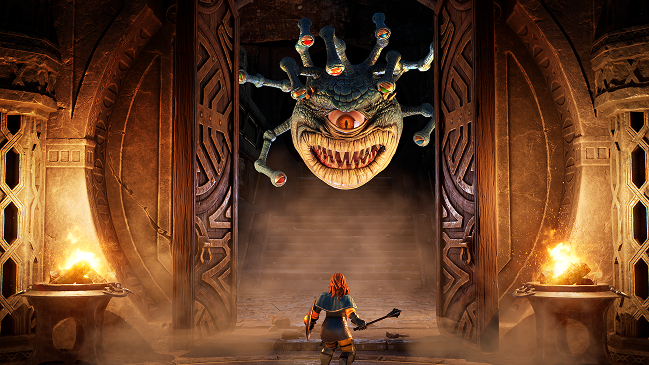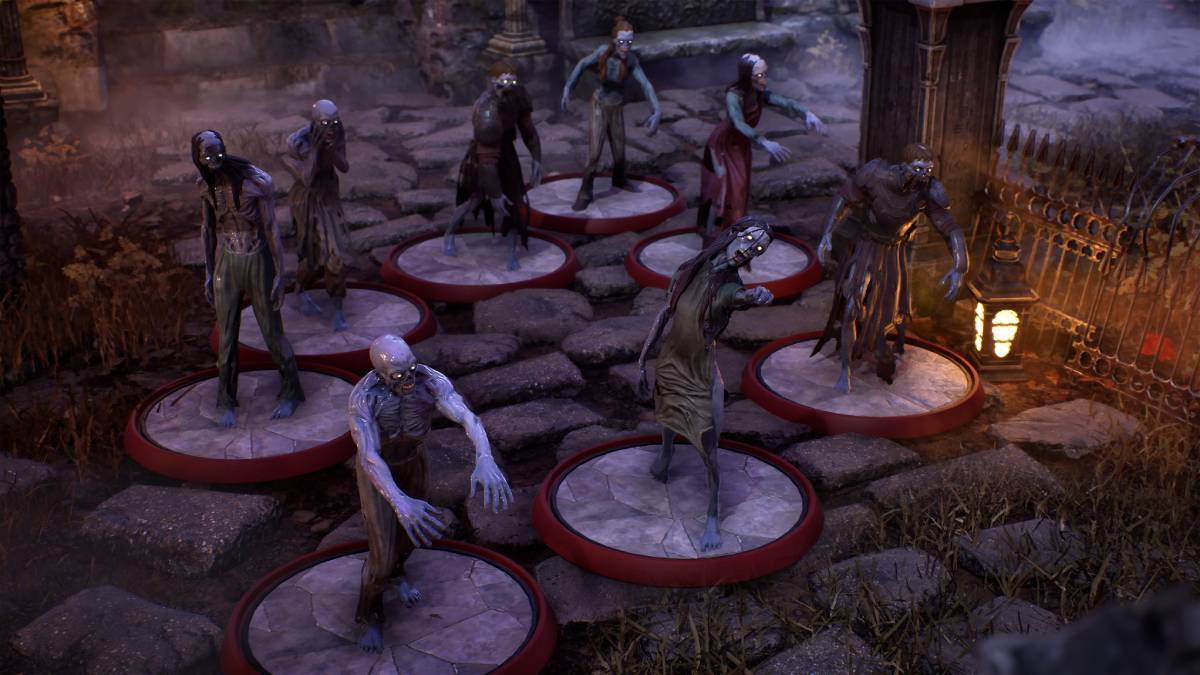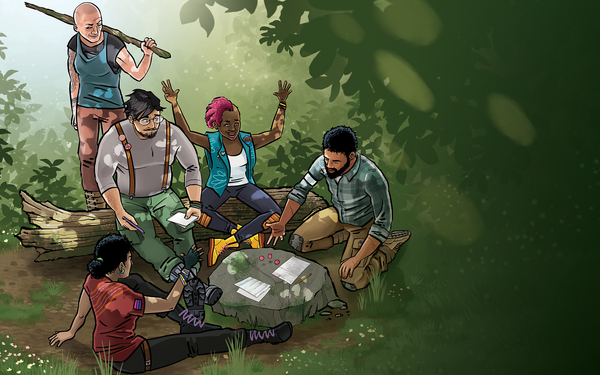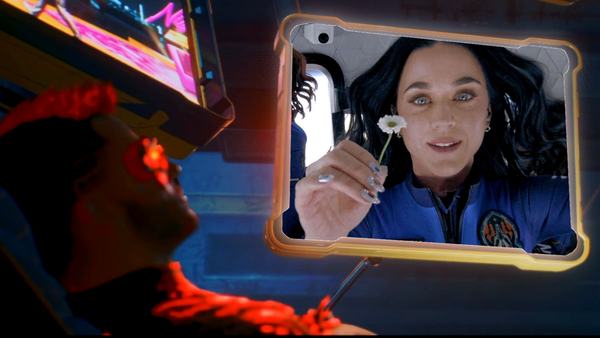Sigil suffered a slow, ignoble death
After an unsteady development process, D&DBeyond’s immersive virtual tabletop will shut down in 2026.

In March of this year, Wizards of the Coast “effectively ended” development on Sigil when they laid off 30 staff members. As we reported back then, the team dedicated to D&D’s virtual tabletop tool felt rising tension in the office that began in August 2024, after that year’s Gen Con. During the convention an early version of the VTT was used for a live actual play that showcased more difficulties than fun.
While the layoff wasn’t the nail in the coffin, it was certainly the event that showed Wizards of the Coast where the nails were kept. Last week the coffin was lowered into the ground when the D&DBeyond blog posted an announcement — Sigil would remain online through the year and shut down at the end of October, 2026. Those who made purchases would be reimbursed for them with company script (D&DBeyond credits). This is a quick shutdown for a product that only opened up to the larger D&DBeyond community in February of this year. After only eight months of a less-than-stellar showing Sigil was cut down before it ever got a chance to find its footing.
One of the more frustrating parts of the shutdown is that “content created within Sigil will no longer be accessible,” according to the post. Characters, dungeons, levels, all of that will be inaccessible and likely deleted. There’s no indication that players and DMs will be able to download this content, but at least they have a year to re-enter it manually somewhere else.
While all this is expected, the shutdown of Sigil is the end of a chapter that highlights how the video-game-ification of D&D — as a tabletop game — was destined for failure from its inception. None of the features were ever perfect, the execution was consistently clunky, and the ceaseless shoe-horning of the less-than-impressive technology into situations that would have benefited from its absence (such as Gen Con’s live actual play and the earlier, PR-forward creator’s summit held at WotC HQ in 2023 after the company attempted to revoke the OGL) left a sour taste in people’s mouths. Sigil, as an experiment, was interested in removing a lot of what people love about playing TTRPGs, but was never presented as an addition to D&D games — only a replacement.

Much like D&DBeyond has attempted to create a purely digital library and play area, Sigil’s entire purpose was in service of the removal of the theater of the mind. For some people, this is an exciting new tool in their arsenal, but D&D is not, as a game, designed to be played with that kind of immersion. As improvisation and social interaction comes to the fore of many roleplayer’s desires, intensive, planning-heavy tools like Sigil (and really, any VTT), which fails to prioritize these roleplaying vectors, will be in constant competition with what people are already enjoying at their own tables, and will have to do more than offer half-hearted dungeon builders with Baldur’s Gate character pre-loaded in.
Sigil was an ambitious project, carried by a talented team led and by video game executives that never quite seemed to grasp exactly what people love about playing tabletop games. So ends an embarrassing experiment in microtransactions, over-design, and consistently poor planning. The only reminders of the program will be gilded character sheets and digital dice in D&DBeyond — fitting that kitschy advertisements and add-ons meant to entice Sigil to the D&D masses will be its grave marker.





